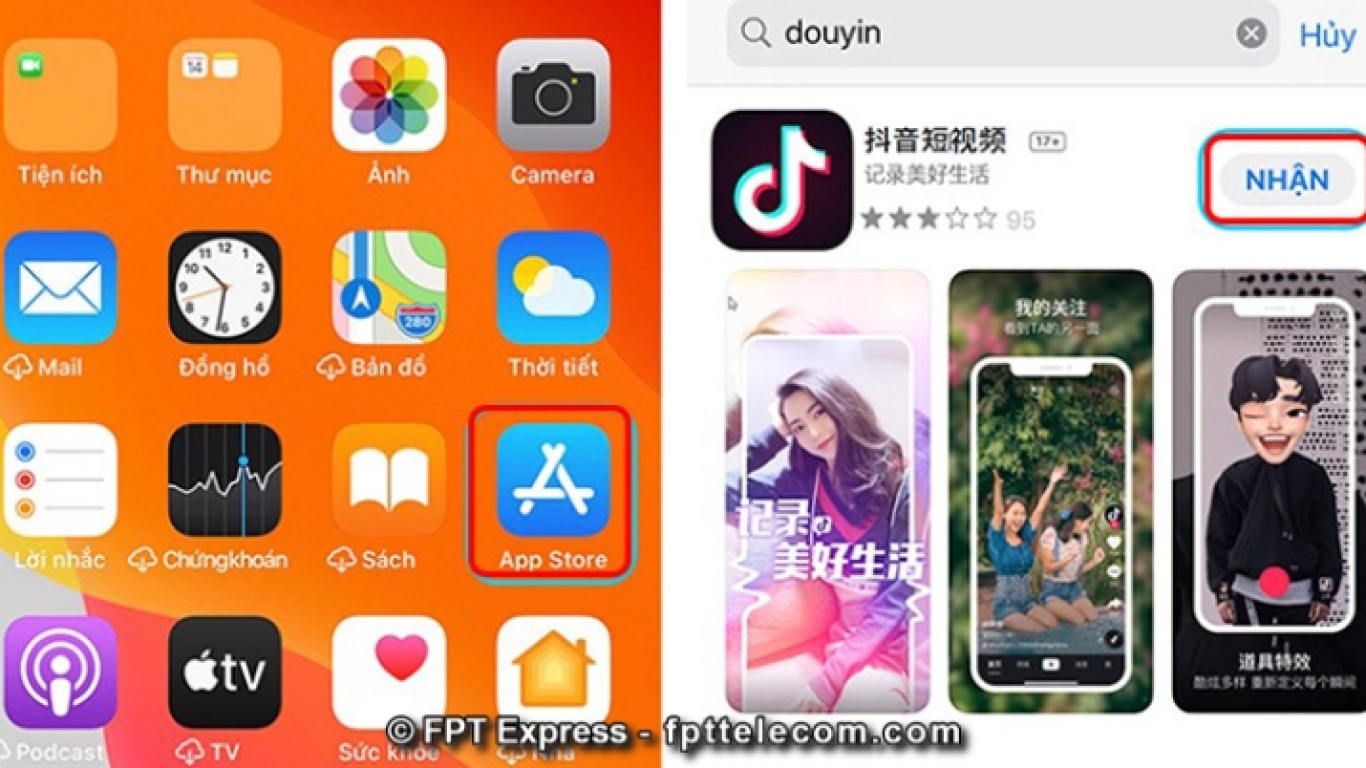Facebook Inc. (NASDAQ: FB) is supposed to the most important of the publicly traded Web 2.0 companies. The conclusion is natural. The world’s largest social network has 1.1 billion members. Its revenue growth rate has been remarkable. Founder and CEO Mark Zuckerberg has knit together an M&A strategy of which many investors approve.
Proof that Facebook’s future may not be terribly bright, at least in the eyes of Wall Street, came as its shares cratered by almost 5% to $56.75 on Friday. The tumble is part of a sickening drop which has reached nearly 22% since the shares peaked at $72.59 on an intraday basis on March 11. The Nasdaq Composite Index, by contrast, has suffered a more modest erosion of 5% since peaking on March 7.
Many analysts believe Facebook’s price surge — a 105% gain in 2013 and 25% in the first two months of 2014 — got ahead of itself. It will take another year or earnings to demonstrate whether Facebook is worth what it was at peak — nearly $200 billion. On the other hand, those investors who have walked away from the stock could reason that Facebook can never have the future that tech titan Google (NASDAQ: GOOG) has.
The first and most likely problem Facebook is up against is simple. It operates primarily in the online advertising market. The growth of that market has cooled as the rates sites can charge have fallen. Facebook’s users have migrated to portable devices, where ad rates have, in most cases, dropped even more rapidly than those marketers are willing to pay for PC-based traffic.
Facebook will announce first-quarter earnings on April 23. Until then, investors are left to analyze its most recent quarter. Revenue rose from $1.6 billion in the fourth quarter of 2012 to $2.6 billion in the final quarter of 2013. Net income jumped from $64 million to $523 million between the two periods. While those numbers appears impressive on their face, $523 million is extremely modest as support for a $200 billion market cap.
Those who believe that Zuckerberg’s recent purchase of two tech companies was wise argue that social media, at least in its current form, will reach near levels of saturation among the literate, particularly in the United States and Europe. M&A activity, done well, is a hedge.
However, the hedges may be misplaced. Mobile cross-platform messaging service WhatsApp may have 450 million users each month. But, it has yet to prove it is a real business if revenue is the yardstick. Facebook paid $16 billion for the WhatsApp. Facebook’ most recent acquisition is “immersive virtual reality technology” company Oculus, for which the social network paid $2 billion. There is scant evidence that the technology will receive wide adoption.
So, the question for investors in Facebook is whether it original model has aged quickly as it grasps to buy into new ones.
The Average American Has No Idea How Much Money You Can Make Today (Sponsor)
The last few years made people forget how much banks and CD’s can pay. Meanwhile, interest rates have spiked and many can afford to pay you much more, but most are keeping yields low and hoping you won’t notice.
But there is good news. To win qualified customers, some accounts are paying almost 10x the national average! That’s an incredible way to keep your money safe and earn more at the same time. Our top pick for high yield savings accounts includes other benefits as well. You can earn up to 3.80% with a Checking & Savings Account today Sign up and get up to $300 with direct deposit. No account fees. FDIC Insured.
Click here to see how much more you could be earning on your savings today. It takes just a few minutes to open an account to make your money work for you.
Our top pick for high yield savings accounts includes other benefits as well. You can earn up to 4.00% with a Checking & Savings Account from Sofi. Sign up and get up to $300 with direct deposit. No account fees. FDIC Insured.
Thank you for reading! Have some feedback for us?
Contact the 24/7 Wall St. editorial team.




